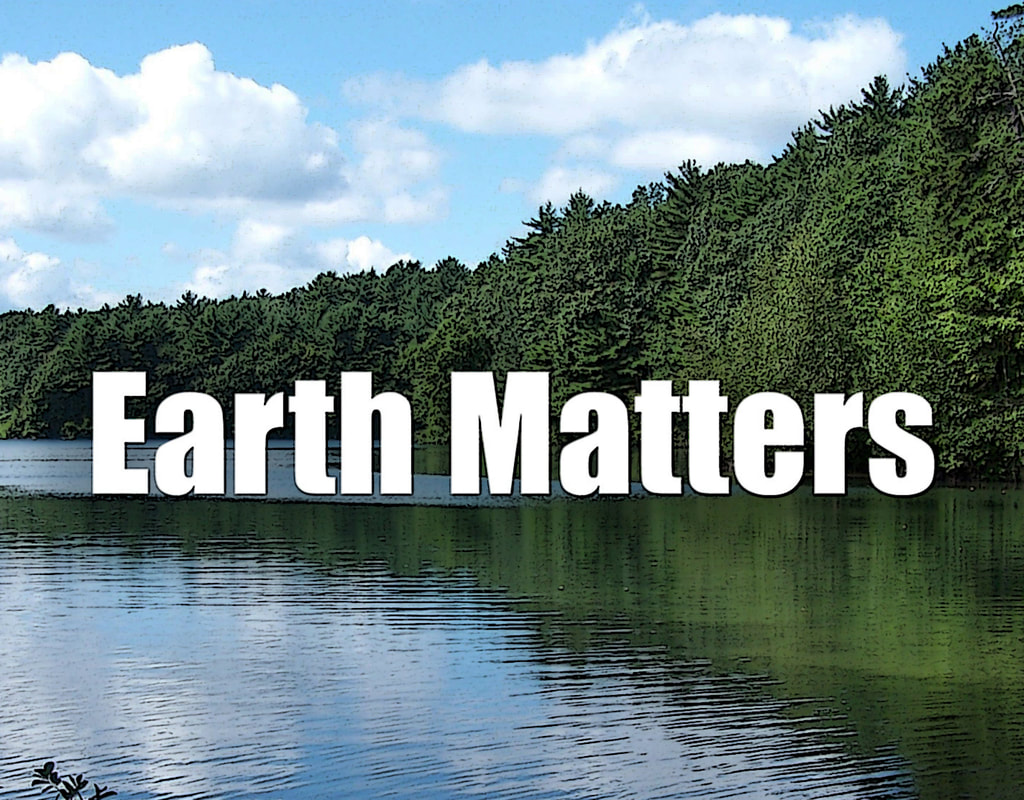|
Understanding and recognizing our environmental problems are the keys to solving them. Last time we looked at some of the basic scientific and environmental topics that our younger folks do not understand. Realizing that many adults are also unaware of these things, it would be easy to be pessimistic about the future. Yet, there is some good news amidst the doom and gloom. Though scientific literacy is not increasing as educators believe it needs to, it has been slowing improving among both students and adults. For this and other reasons, increased environmental literacy does not have to be an insurmountable challenge. Here's how we might turn the tide.
0 Comments
Your comment will be posted after it is approved.
Leave a Reply. |
Science Education
Science Education Solutions
Science Education Struggles Thanking Teachers & Mentors Peirce Lewis: Geographer & Mentor Other Categories
|
|
All Original Material - Copyright © - All rights reserved. No part of this site may be used without written consent. Email John with questions.
Site Powered by Weebly. Managed by Brush Mountain Media LLC. |
© COPYRIGHT
2010-2023. |

